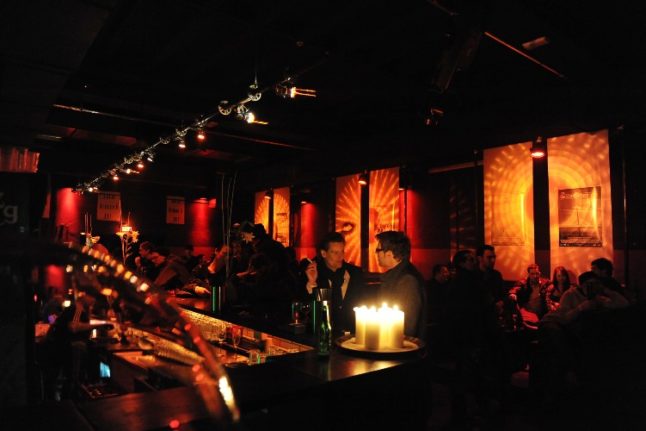Some operators from Berlin’s club scene are bracing themselves for a difficult autumn. For months now, people have been allowed to dance again and life has returned to normal in the dark corners of Berlin’s famous nightlife scene.
But the clubs have far from recovered from the pandemic. They face staff shortages, rising prices and the prospect of a return to Covid restrictions in the autumn.
“We go into the autumn with huge fear, because the omens are totally unfavorable,” said association head Pamela Schobeß.
Spring and summer went anything but smoothly, she said. “There has been an oversupply of events. People aren’t going out as much, and some are still afraid to move around indoors.”
Money is also an issue. “A lot of people are afraid of rising energy prices.”
The industry lost workers during the pandemic and it’s hard to convince them to come back with the outlook for the autumn looking so gloomy, Schobeß says.
Her colleague Robin Schellenberg tells a similar story. People have switched to various other jobs and would even rather work on a supermarket checkout, which may have been considered less sexy in the past. Now, he says, some have learned to love not having to work nights.
READ ALSO:
- Berlin tightens Covid rules with dancing ban
- ‘I moved to Berlin, and then the lockdown hit’: What life is like for newcomers in corona times
Schellenberg runs the Klunkerkranich, a small club on a parking garage deck in Neukölln. Because a number of things have become more expensive, they have also had to increase their admission prices.
His impression is that people are going out less often and are deciding more spontaneously. In addition, people in the neighborhood are now more sensitive to noise. “Many people found the silence very enticing,” he said.
Some in the industry wonder what will happen next. Will club admission have to become much more expensive? Will that exclude people who can no longer afford it? And what happens if Covid infection numbers rise sharply?
If masks become mandatory indoors in October, Schobeß believes that would be bad for the clubs. “Even if we don’t get shut down by the state, we’ll actually have to close down independently ourselves,” she reckons.
Masks take all the joy out of the experience, she says. People have drinks in their hands and are “jumping around and dancing” and then security guards have to tell them “please put your mask on.”
The federal government is considering whether states should be able to make masks mandatory indoors starting in October. Exceptions should be possible, such as at cultural and sporting events, for people who have been tested, recently vaccinated and recently recovered.
In the event that Covid numbers soar, the states could then be allowed to tighten the rules and eliminate all exemptions.
READ ALSO: German court declares techno to be music



 Please whitelist us to continue reading.
Please whitelist us to continue reading.
Member comments